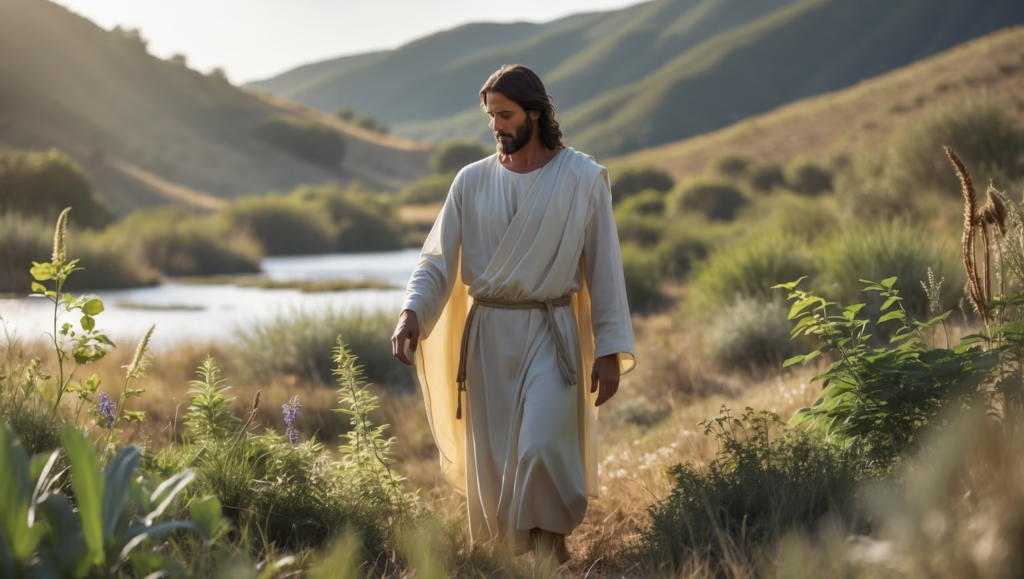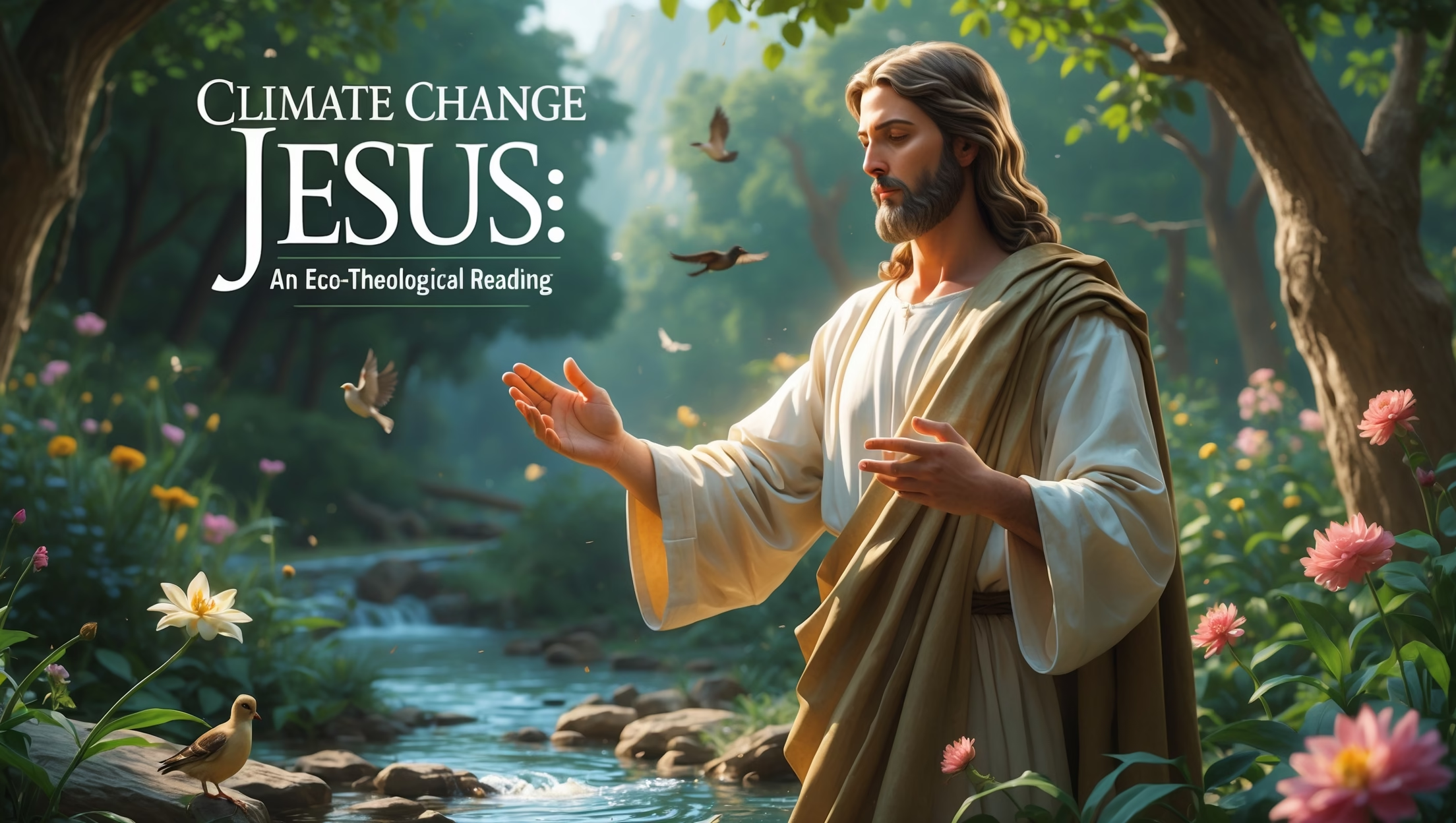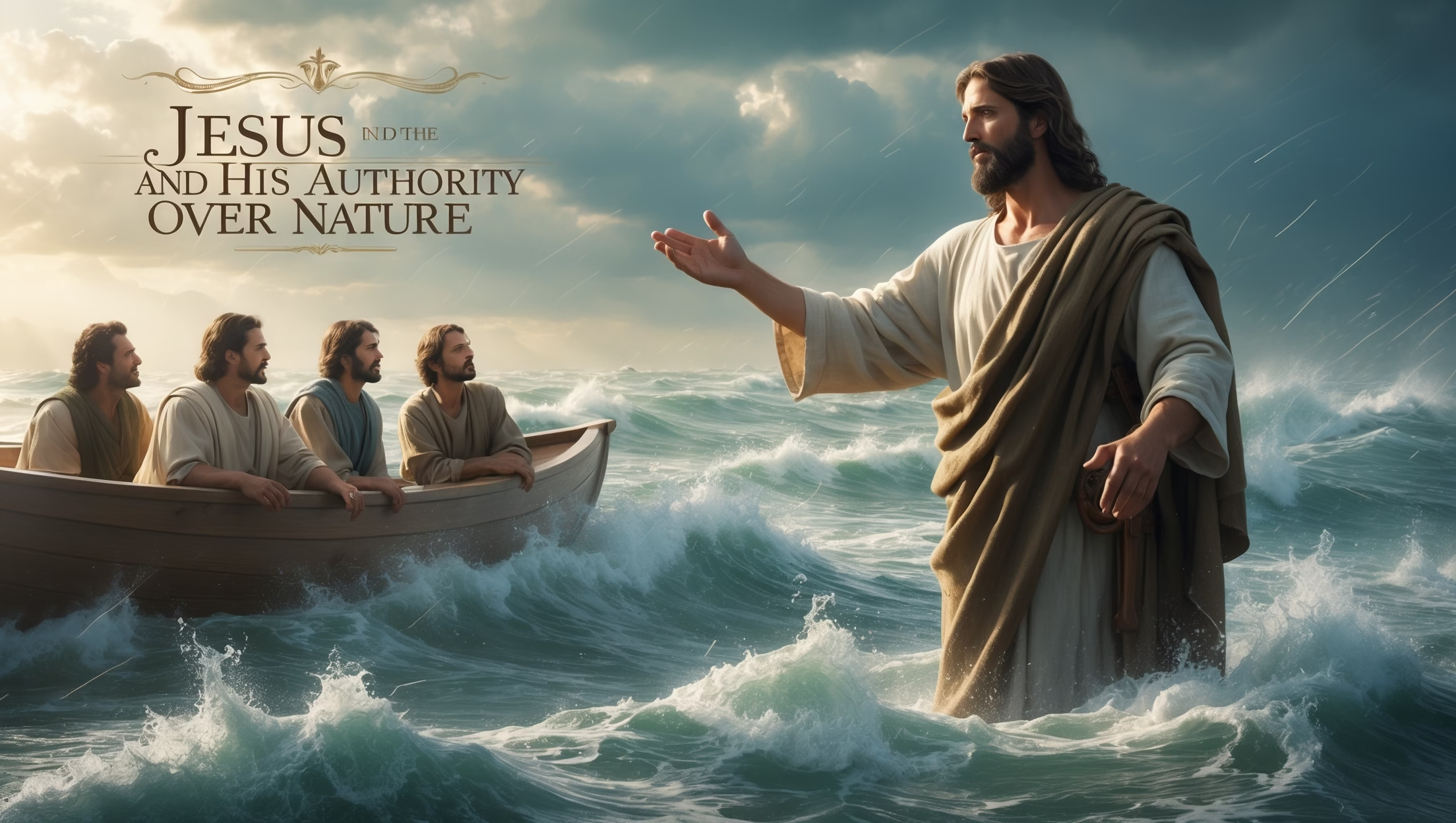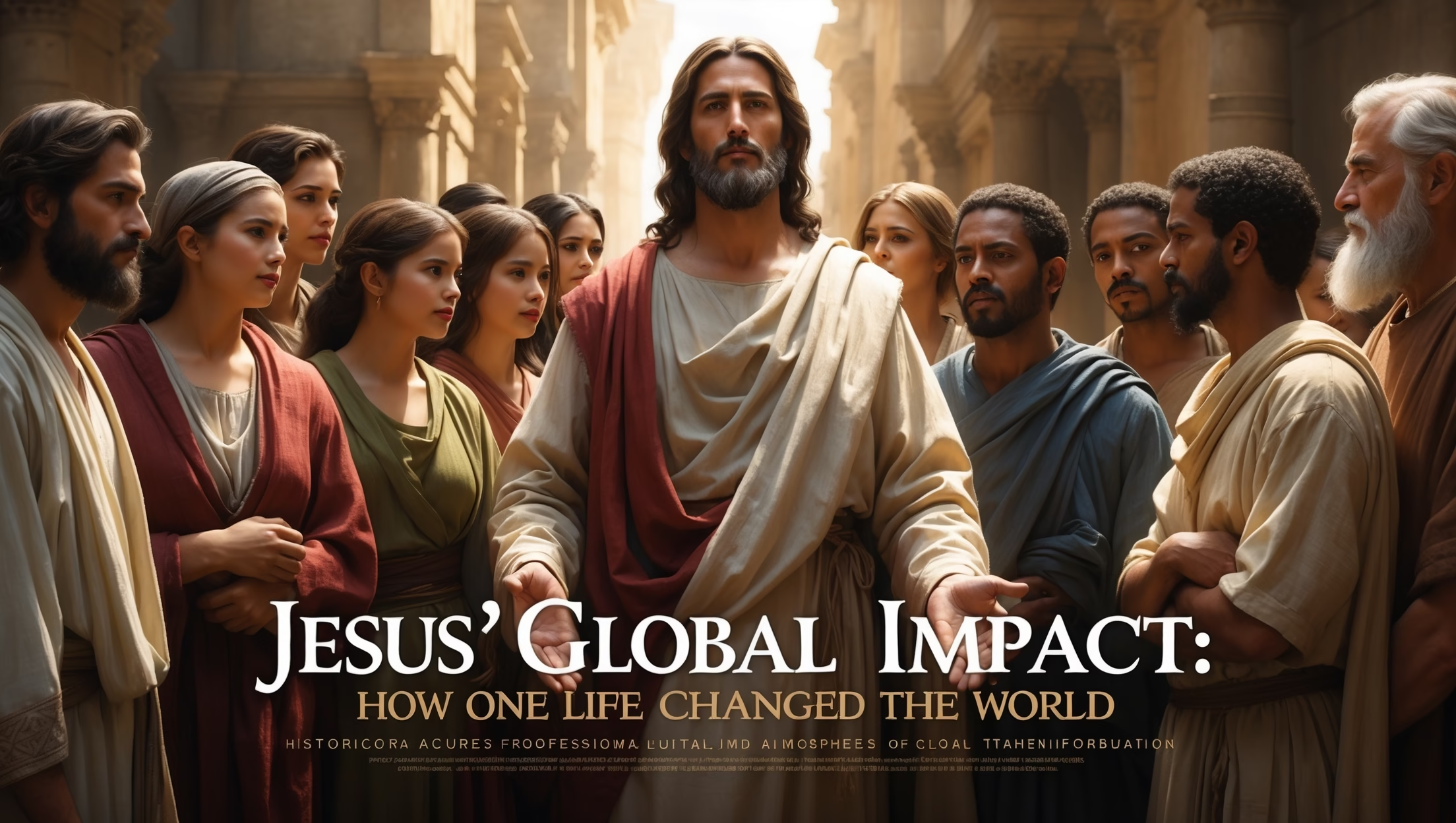What the Lilies of the Field Teach Us Today
In a world increasingly aware of environmental crises, the teachings and life of Jesus offer surprising insight for contemporary eco-theology. While climate change is a modern phenomenon, the Gospels frequently portray Christ interacting with creation, offering lessons on stewardship, sustainability, and the intrinsic value of the natural world. Examining Jesus through an environmental lens illuminates the spiritual, ethical, and practical dimensions of caring for the planet.

Gospel Environmentalism: Lessons from Parables and Nature
Agricultural Parables as Ecological Guides
Jesus’ parables often use the natural world to convey spiritual truths, and they can be read as early lessons in environmental mindfulness:
- The Mustard Seed (Matthew 13:31-32; Mark 4:30-32)
Beyond its spiritual message, the mustard seed reflects biodiversity. A single seed grows into a plant that sustains multiple creatures, illustrating ecological interdependence. The Kingdom of God, like nature, thrives when diversity is nurtured. - The Vineyard Workers (Matthew 20:1-16)
This parable implicitly touches on fair labor and sustainable agriculture. Vineyard cultivation requires careful management, and Jesus’ analogy emphasizes justice for workers and the ethical treatment of both people and land. - The Sower and the Seeds (Mark 4:3-20)
Soil quality determines growth—a metaphor for spiritual receptivity, but also a reminder that land health impacts productivity and resilience, a principle resonating with modern regenerative agriculture.
Nature Miracles and Ecological Symbolism
Jesus’ miracles frequently involve natural elements, which can be interpreted as commentary on creation’s order and abundance:
- Calming the Storm (Mark 4:35-41)
Jesus’ authority over wind and water may symbolically address climate anxiety: faith provides reassurance amidst environmental uncertainty. The narrative encourages human humility before natural forces. - Feeding the Five Thousand (Mark 6:30-44)
This miracle demonstrates sustainable abundance and communal sharing. Rather than hoarding resources, Jesus models responsible use and distribution, principles vital for addressing food insecurity and environmental stewardship today. - Walking on Water (Mark 6:45-52)
While a miraculous act, it also evokes a symbolic harmony with natural forces, reflecting the ideal of living in balance with creation rather than dominating it.
Carbon Footprint Analysis of Jesus’ Life
Interestingly, the historical Jesus’ lifestyle demonstrates principles of low-impact living:
- Transportation:
Jesus primarily walked between towns, reducing reliance on animal or mechanical transport. Modern climate-conscious individuals can draw parallels in prioritizing human-powered or low-carbon travel. - Food and Meals:
Meals were locally sourced, primarily fish, bread, and produce. Eating what was seasonally and regionally available aligns with contemporary sustainable food practices. - Clothing:
Minimalist clothing is evident in John 19:23, where soldiers divide Jesus’ tunic rather than multiple garments. This reflects a lifestyle of simplicity and low consumption, an essential aspect of ecological ethics today.
Biblical Case Studies in Environmental Consequences
Exodus Plagues
The plagues of Egypt (Exodus 7-12) demonstrate human-environment interactions and the consequences of social injustice on natural systems. Water turned to blood, locust swarms, and pestilence illustrate how mismanagement or moral failings can destabilize ecosystems, a warning relevant for modern climate crises.
Revelation’s Poisoned Waters (8:10-11)
Apocalyptic imagery in Revelation portrays waters turning bitter, leading to ecological collapse. While symbolic, these visions underscore the importance of protecting water sources, reminding modern readers that environmental degradation has profound societal and spiritual consequences.
Modern Applications: Climate Action and Faith
- Creation Care Movements
Churches worldwide are engaging in missionary and community initiatives focused on environmental sustainability. Programs range from tree-planting drives to eco-education, linking faith with climate action. - Renewable Energy in Worship Spaces
In Kenya, solar-powered churches demonstrate a commitment to energy efficiency and environmental stewardship, embodying Jesus’ teachings on simplicity and care for creation. - Ethical Consumption
Faith communities are promoting plant-based meals, reduction of waste, and mindful consumption, echoing principles seen in the low-carbon lifestyle of Jesus. - Theological Reflection
Eco-theology frames climate change not only as a scientific problem but also a spiritual one, inviting believers to consider the moral implications of environmental harm and their responsibility as stewards of creation.
Why Climate Change Jesus Matters Today
- Bridging Faith and Science: Viewing Jesus through an ecological lens connects spiritual formation with practical environmental action, demonstrating that faith can inform ethical responses to climate crises.
- Ethical Leadership: Just as Jesus taught compassion for humans, the well-being of creation becomes a moral concern, urging leaders and communities to act responsibly.
- Cultural Relevance: With global warming affecting vulnerable populations disproportionately, the eco-theological perspective encourages solidarity and advocacy for those on the frontlines.
- Spiritual Motivation: Understanding Jesus as a model for sustainable living inspires believers to integrate eco-conscious habits into daily life, from diet to travel to energy use.
Conclusion
The Gospels, often read for spiritual guidance, also offer profound lessons on humanity’s relationship with the natural world. Jesus’ parables, miracles, and daily life provide an eco-conscious blueprint: valuing biodiversity, practicing sustainability, embracing simplicity, and responding ethically to environmental crises.
From calming storms to multiplying fish, from walking through villages to minimalistic living, Jesus exemplifies a life in harmony with creation. Modern faith communities can draw inspiration for creation care, renewable energy, and ethical consumption, linking spiritual discipleship with environmental responsibility.
In a world facing climate change, the Climate Change Jesus challenges believers to recognize that ecological stewardship is a spiritual calling, and that the teachings of the Nazarene carpenter extend not only to human hearts but also to the health of the planet.










